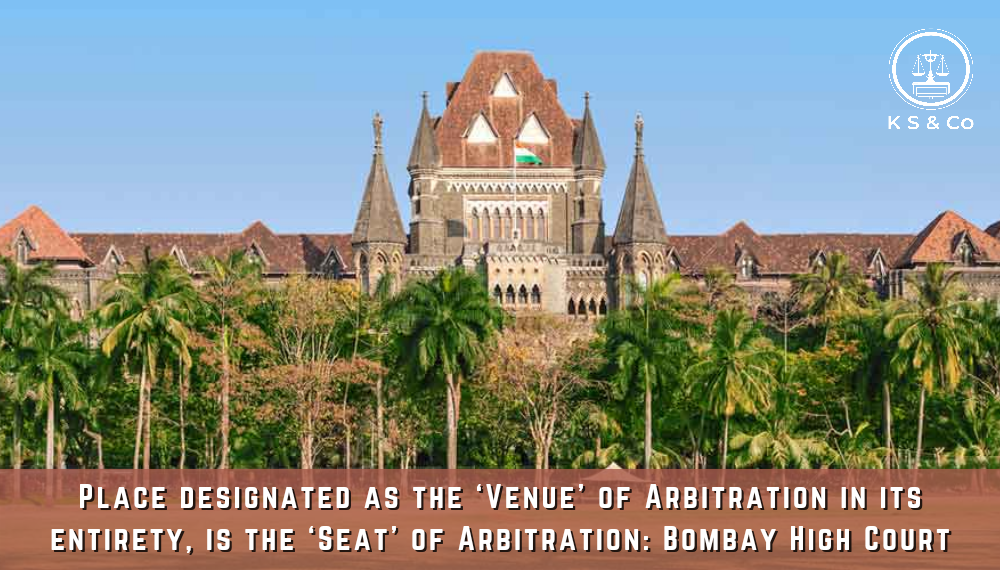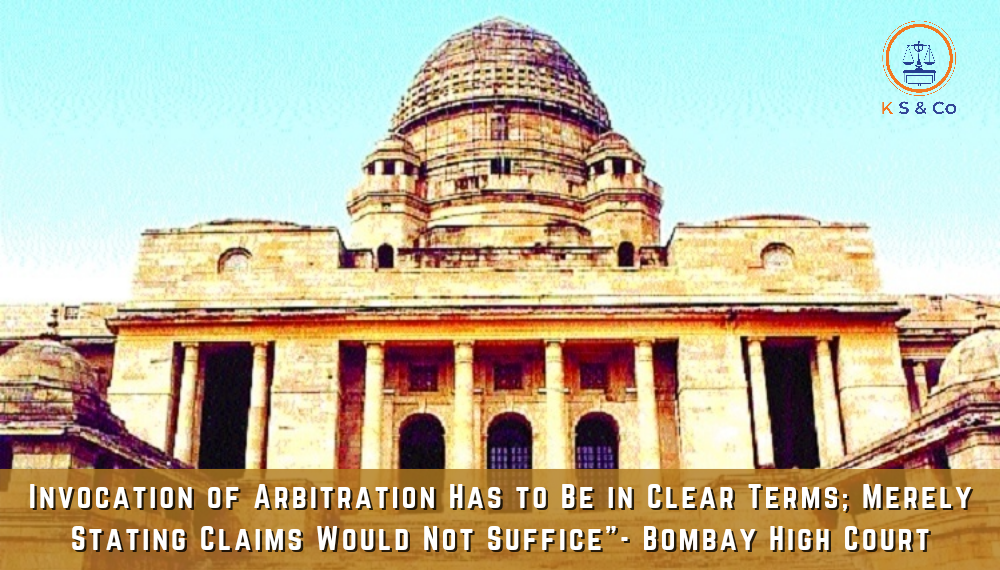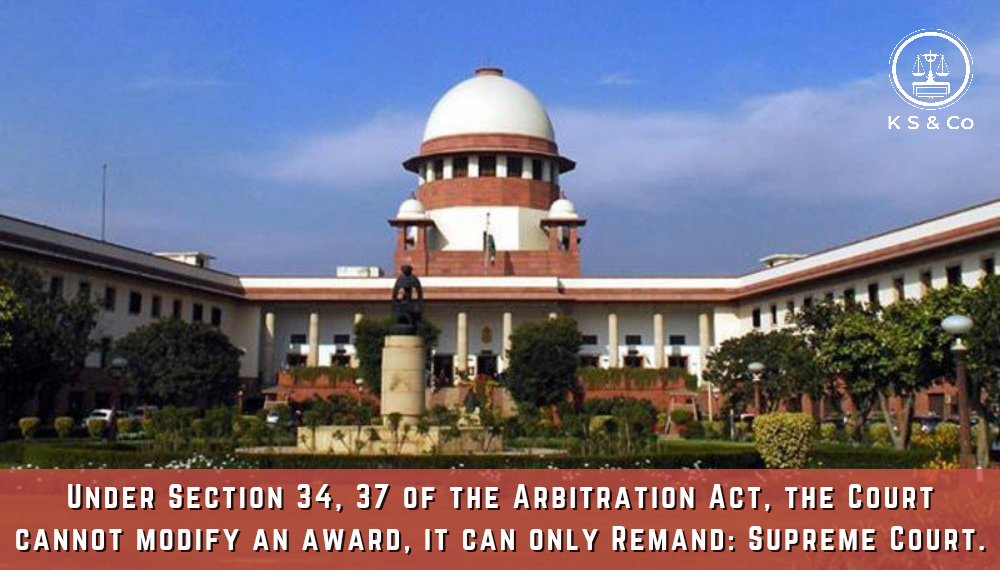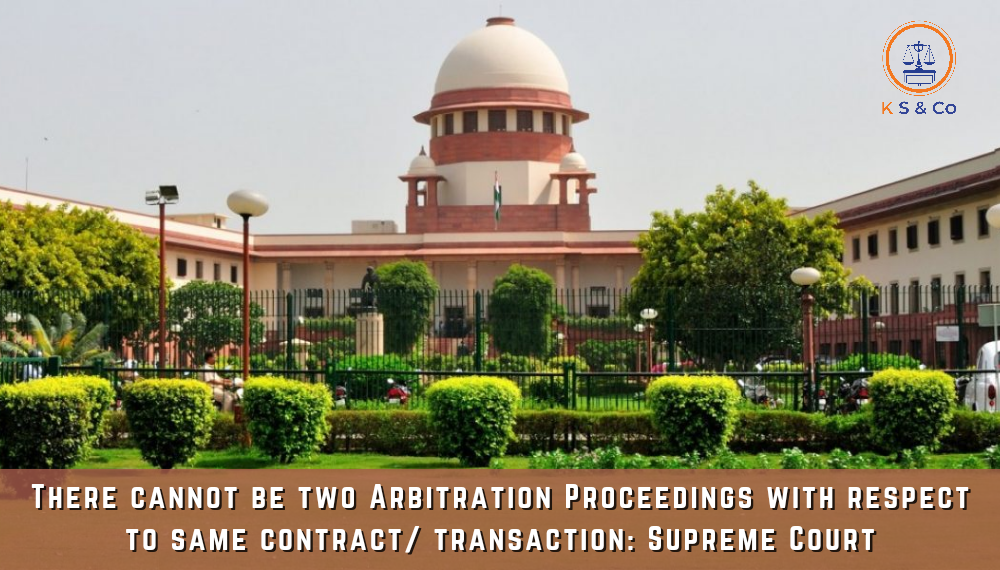National Highways Authority of India v P. Nagaraju & Ors.
Citation – Civil Appeal no. 4671 of 2022
Facts of the case:
The National Highways Authority of India (Appellants) approached the Supreme Court to set aside the order passed by the Karnataka High Court wherein their appeal against the order passed by the Principal District Sessions Judge was dismissed. The respondents are owners of parcels of land that were part of the same acquisition for the formation of the Bengaluru-Mysore highway.
The Special Land Acquisition Officer (SLAO) on consideration of the material before him had passed an award determining compensation at Rs. 2,026/- and Rs. 17,200/- for the two parcels of land.
The claimants being dissatisfied filed a petition with the Arbitrator u/s 3G (7) of the National Highways Act, 1956. The Arbitrator took into consideration a subsequent notification to reckon the guideline value and the fact that the lands mentioned were converted from agricultural use to residential and industrial. Accordingly, he enhanced the compensation for the lands to Rs.15, 400 and Rs.25, 800.
The NHAI ( National Highways Authority of India) was aggrieved by the order on the basis that it was against the law, public policy and principles of natural justice. Their other grievance was that the guideline value was adopted without any basis.
The Principal District and Sessions Judge, keeping in mind the narrow scope available in the petition u/s 34 of the 1996 Act, agreed with the Arbitrator and dismissed the suit challenging the award passed by the Arbitrator.
Subsequently, the High Court took a similar view and noted that if a plausible view is taken by the Arbitrator, it should not be substituted by another view of the Court u/s 34 and 37 if the 1996 Arbitration Act. Finally, the NHAI appeals against this dismissal by the High Court before the Supreme Court.
Issues:
Did the Arbitrator commit patent illegality, sufficient to vitiate the award?
Did the Arbitrator, in his manner of adopting said guideline, deny an opportunity to the NHAI amounting to violation of the principles of natural justice?
Did the Arbitrator assign sufficient reasons to place reliance on the guidelines?
Held:
By applying the guideline value fixed for comparative parcels of land and discarding the guideline value for the specific survey number, the arbitrator had acted faultily. Necessary evidence to derive comparison between the lands was necessary to be brought on record and considered by the Arbitrator by assigning reasons. The Arbitrator did not refer to the manner in which the notification was brought on record and relied upon by him. The NHAI did not have sufficient opportunity before the Arbitrator to controvert the material relied upon by him. This coupled with the lack of sufficient reasons would indicate patent illegality in the award. The award is set aside and the matter remitted to the Arbitrator to decide based on the facts discussed by the Court.
K S&CO Comments:
The Supreme Court has taken the stand that pursuant to the limited scope of interference available to it under S. 34 of the Arbitration Act , it cannot modify an award. All it can do is remand the matter back to the arbitrator who shall then, keeping in mind the feedback it has received from the Court, modify the award. In matters of commercial arbitration the most important factor to be considered is urgency and expediency. It is our view that the legislature must increase the scope of the Supreme Court’s interference in an arbitral award, so that once the Court has listed out the changes required, the same can be implemented, saving time and costs to all parties involved.








Leave a Reply